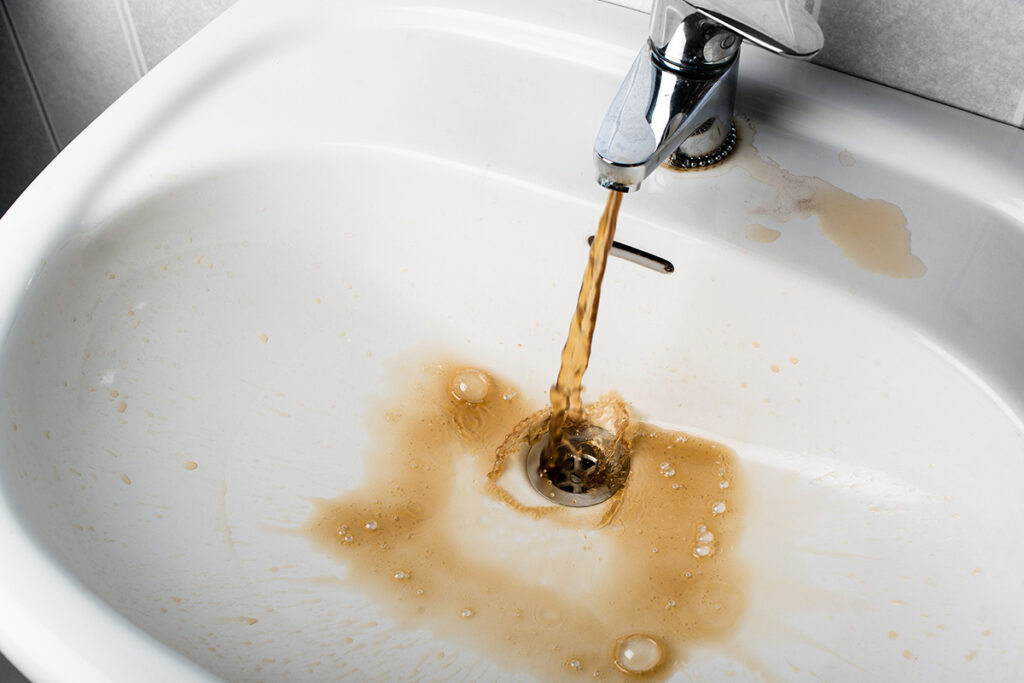It’s never a good thing when you must contend with corroded pipes in your home. They can lead to big problems if ignored for even a little while.
Knowing why this happens, and what the symptoms are, is the first step in preventing it from happening altogether!
Are your pipes in danger?
Corrosion happens when the protective metal on the inside of your home’s pipes wears away. So of course, it goes without saying that your pipes can’t corrode if they don’t have any metal! (PVC, PEX.) But if you have copper pipes or galvanized metal … in some cases even containing LEAD … then you need to read on to learn more!
Why older homes are most in danger
Nowadays, we of course have laws and regulations in place to try and prevent dangerous metals from seeping into our drinking water. In 1978, a law was passed banning lead from being used in paint or in plumbing. But that means, if your home was built before 1978, then there’s a chance your plumbing could have lead components in it, which makes corrosion even more dangerous. But are your pipes at risk of corroding?
What causes corrosion
Pipe corrosion can happen due to a number of reasons:
- Using harsh chemical cleaners that contain bleach or vinegar. These substances strip the coating from the inside of your pipes, making them more susceptible to having corroded metal.
- Old, galvanized piping that contains lead is of course most at risk. Over time the protective barrier wears away so your home’s water can come into contact with these metals.
- The more water passes through your pipes over several years, the more likely an ionic charge can accumulate. This charge can make it easier for metal to corrode. The ionic charge between the water and the metal essentially leaves “scratches” on the metal over time.
- Using water that is very hot or very cold is another factor that makes corrosion more likely. Water that’s too hot can wear away at the protective barrier on your piping. Of course, that doesn’t mean you should stop using hot water! It just means you need to be aware of the signs of corrosion as they appear …
Symptoms of corrosion
So, if you believe corroded pipes could be a problem for you in your Raleigh home, then what signs do you need to be on the lookout for?
- Brown water (the color of steel or iron), or “teal” water (the color of oxidized copper).
- Any metallic taste in your drinking water.
- Poor water pressure, because corrosion can cause clogs or leaks, which in turn affects the water pressure.
- Water leaks in your home due to corrosion eating through the pipe.
What you can do about it
Of course, the sooner you detect corrosion, the better chance you’ll have at preventing more damage or dangerous health conditions from occurring! Here at Weather Master, we’re happy to check out your plumbing for you. Schedule an appointment online or call now: (919) 853-7910

